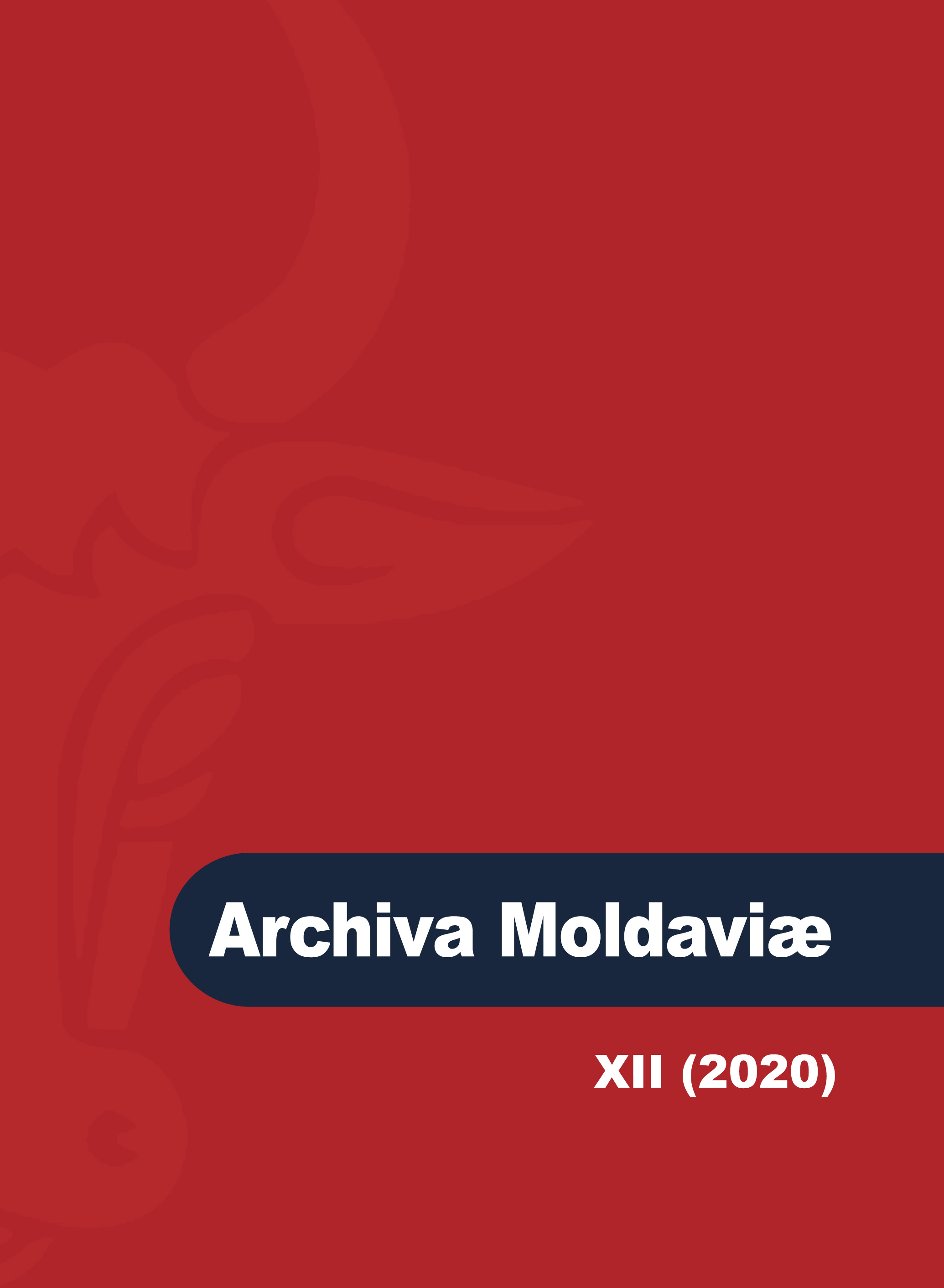Despre Ardealul electoral (1919-1920). Note privind decretul pentru organizarea alegerilor în „Transilvania, Banat, Crişana şi Maramureş”
The Electoral Transylvania (1919-1920). Notes on the decree for the organization of elections in “Transylvania, Banat, Crișana and Maramureș”
Author(s): Mihai GhițulescuSubject(s): History, Political history, Recent History (1900 till today)
Published by: Societatea de Studii Istorice din România
Keywords: Transylvania; Union; Old Kingdom; Electoral System; Constituencies;
Summary/Abstract: In this paper, we discussed about the electoral Transylvania in the period imme-diately following the Great Union, more precisely about the electoral system (in a narrow sense, including the type of election, the constituencies and the electoral formula) adopted in 1919, during the autonomy, and applied in the counties over the mountains in the first three interwar parliamentary elections (1919, 1920, 1922). We brought to the fore and analyze a series of seemingly marginal issues, from the period between the establishment and dissolution of the Ruling Council, which may partly explain why and how the Transylvanians decided to elect their representatives in the Parliament of Bucharest differently than the citizens from the Old Kingdom (runoff voting/two-round system v. open list PR). We were particularly concerned with estab-lishing the electoral constituencies. Despite all the unknowns, the general impression is that the fight for the “electoral law” was harder than the electoral fight. There was a political race between the Government of Bucharest and the Ruling Council of Sibiu, the former wanting the complete transfer of Transylvania under the sovereignty of the Romanian state, and the latter trying to maintain some autonomy and control of the region both ethnically, by minimizing representation/participation of “cohabiting nations”, but also politically, through the quasi-monopoly of the Romanian National Party. Looking back, with all their clumsiness, the leaders from Sibiu seem more skilled in using electoral mechanisms, reaching their goal in the elections. Their will could only be overcome by acts of force.
Journal: Archiva Moldaviae
- Issue Year: XII/2020
- Issue No: XII
- Page Range: 163-191
- Page Count: 28
- Language: Romanian

